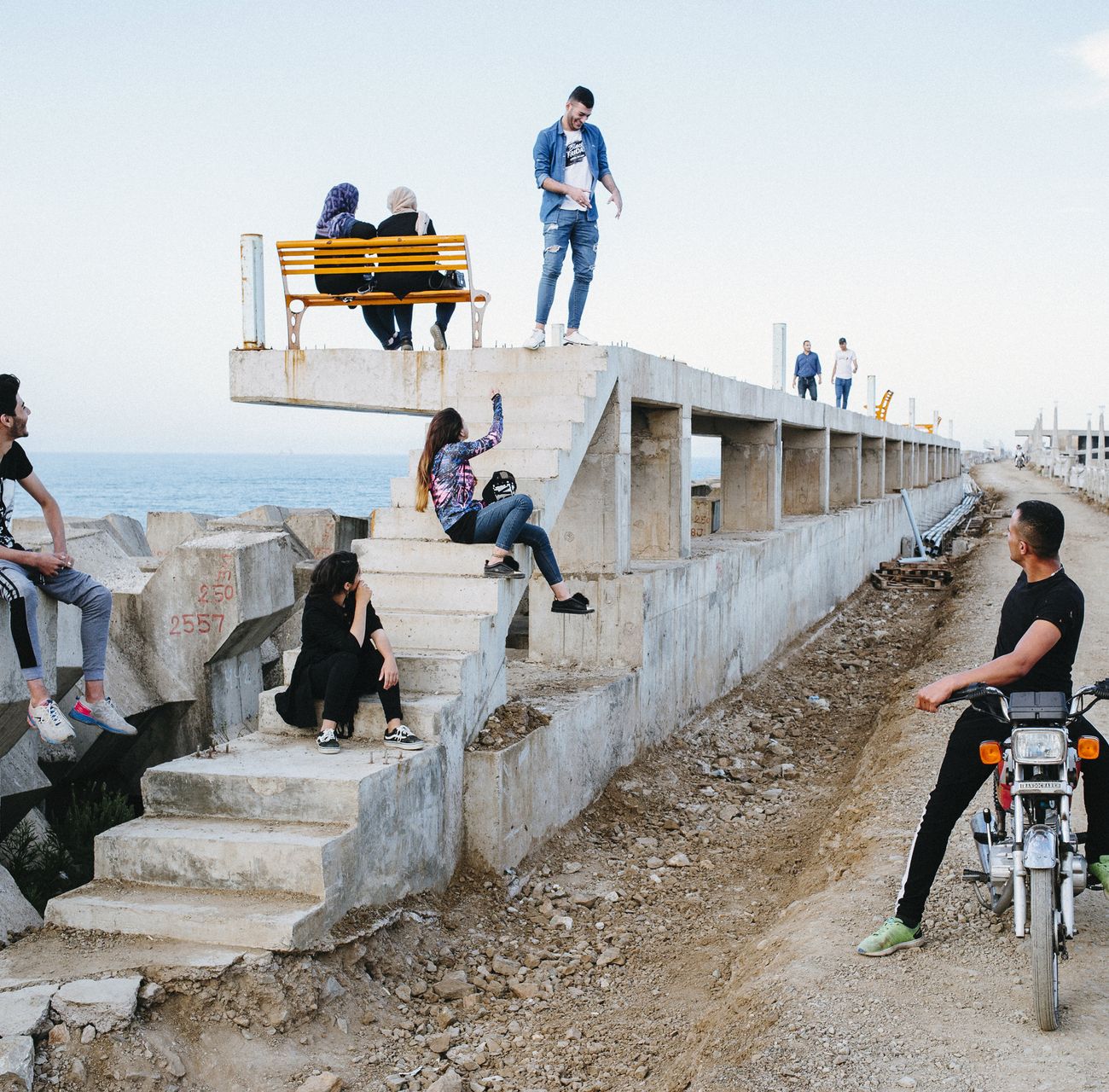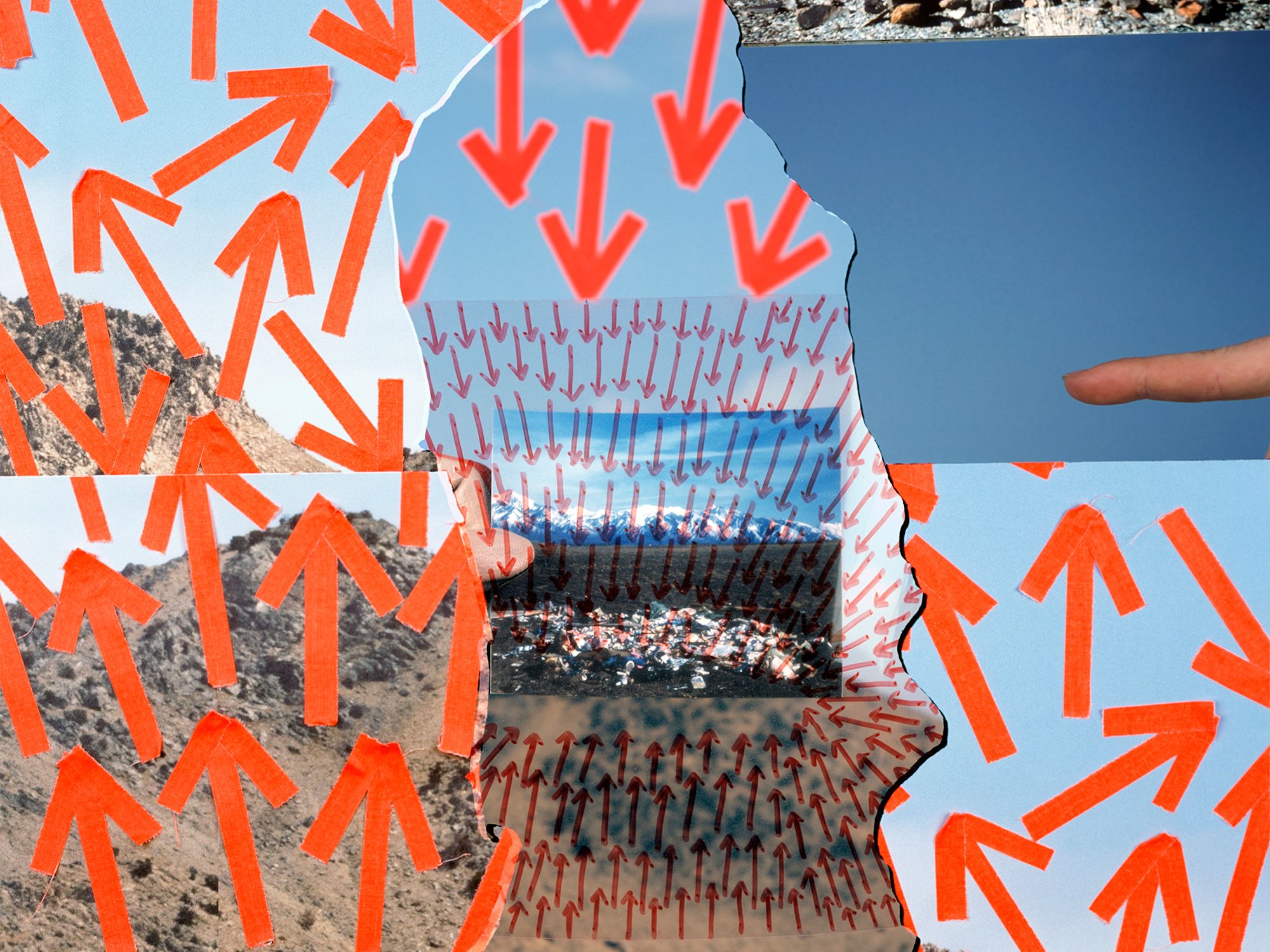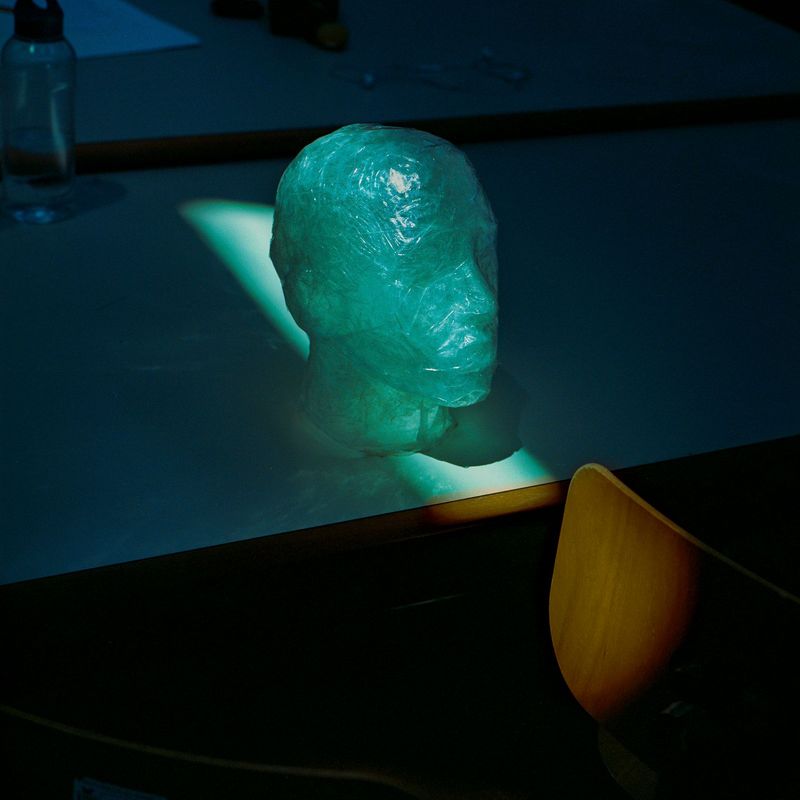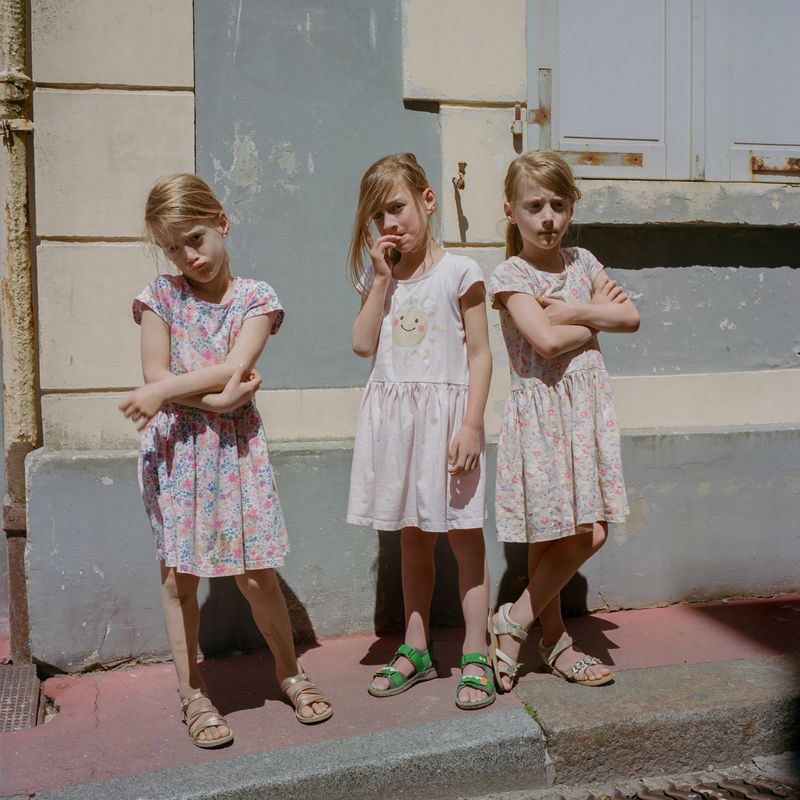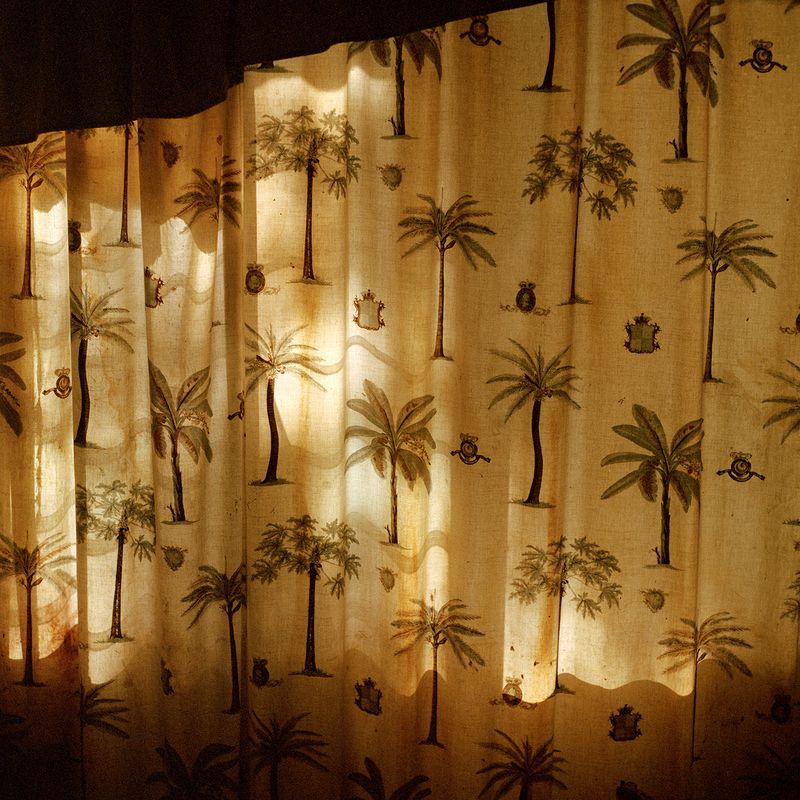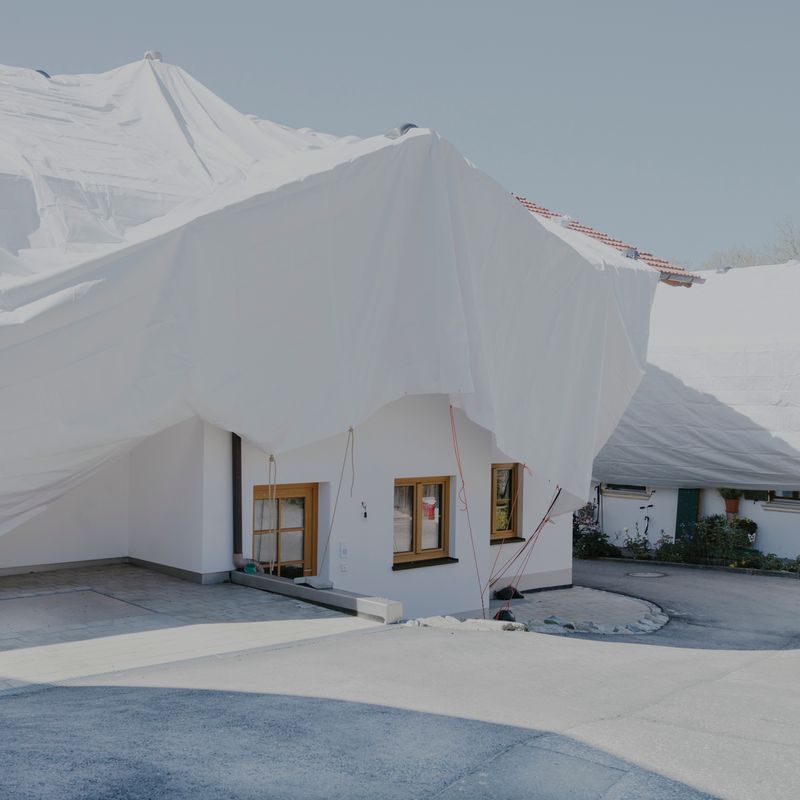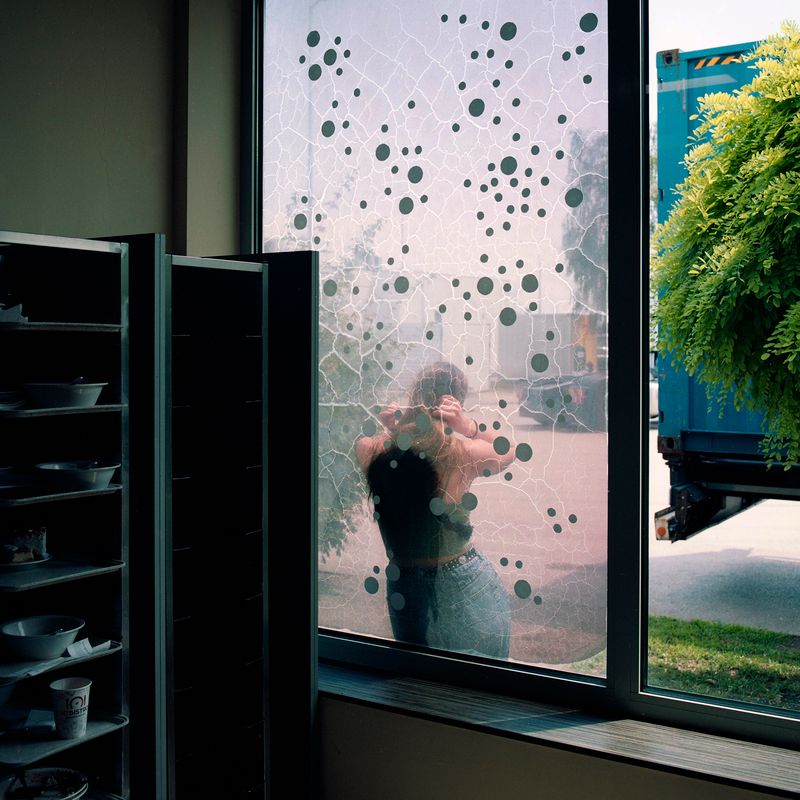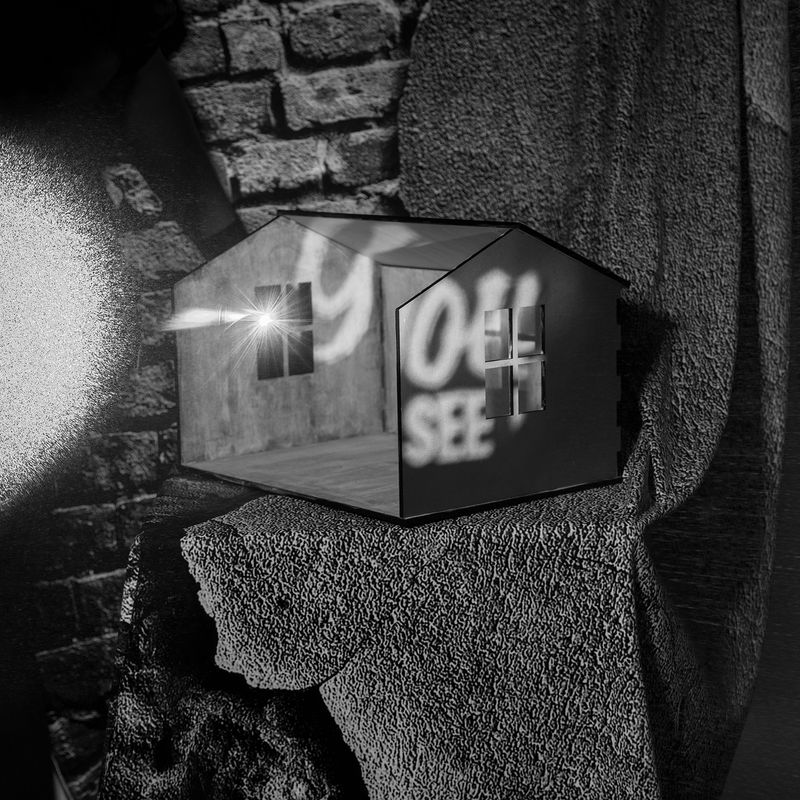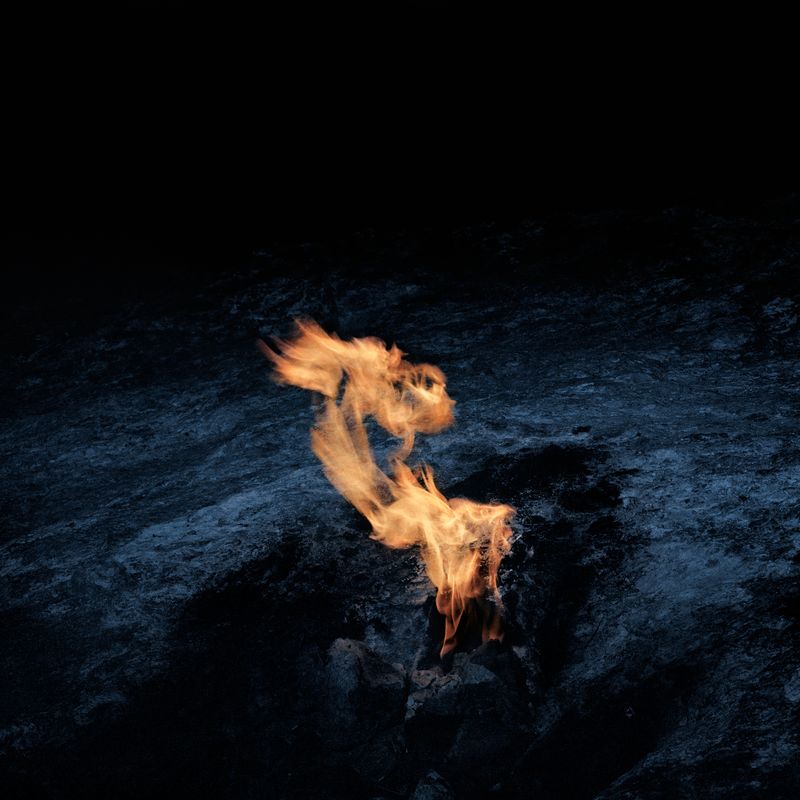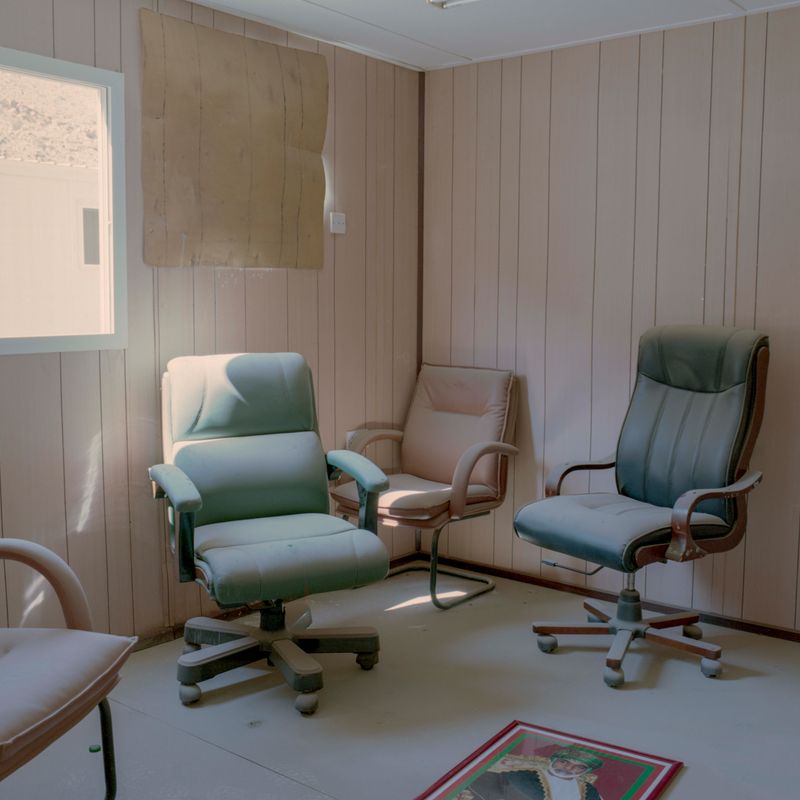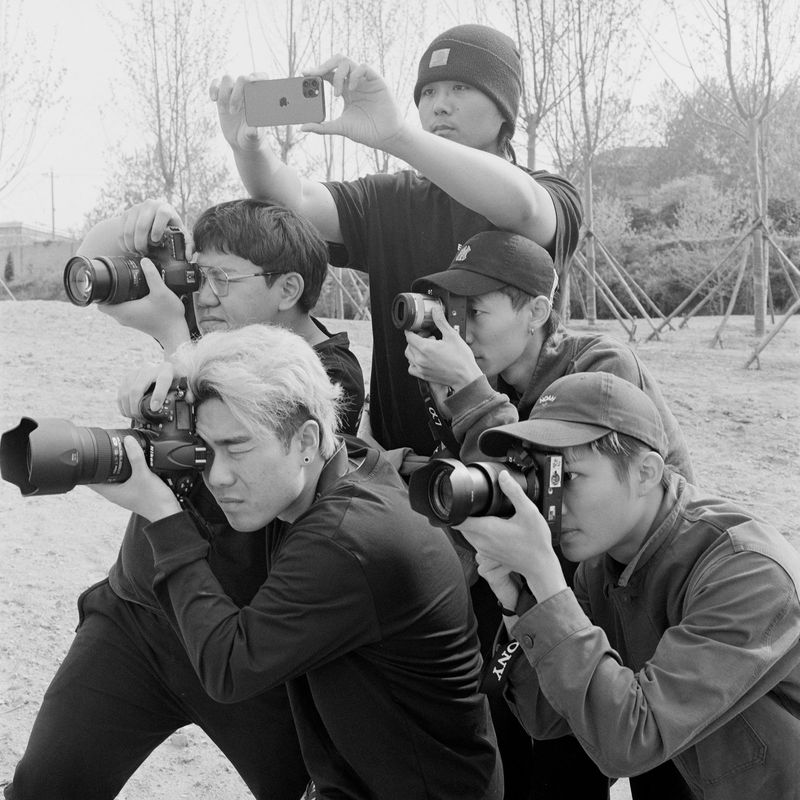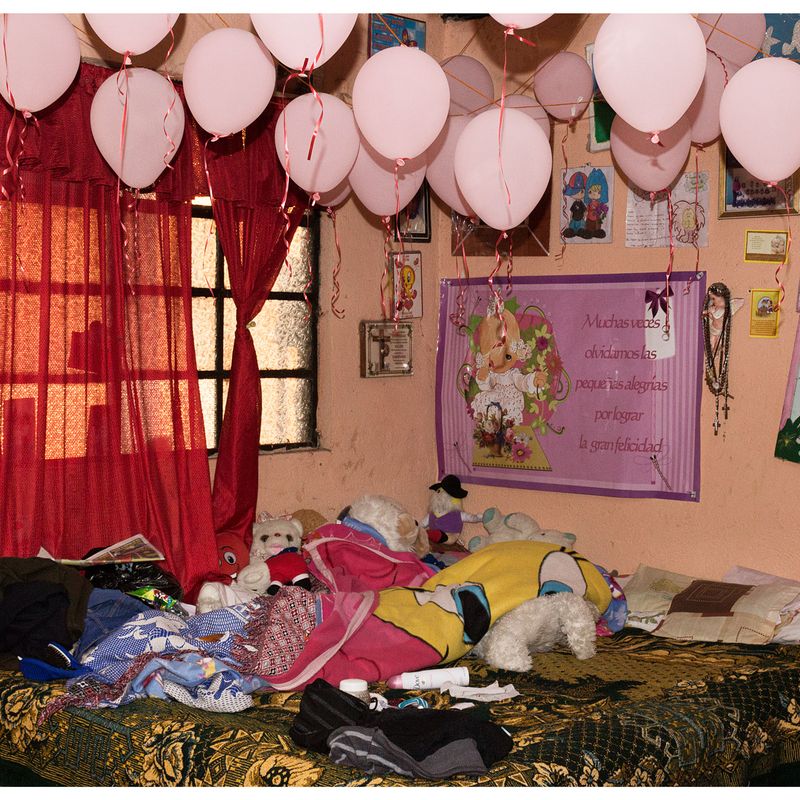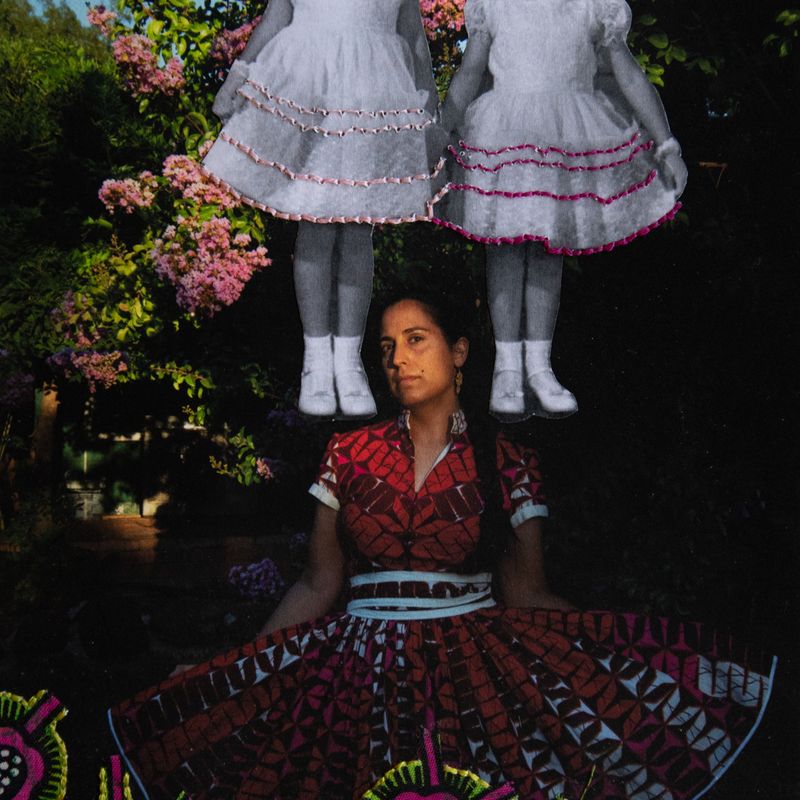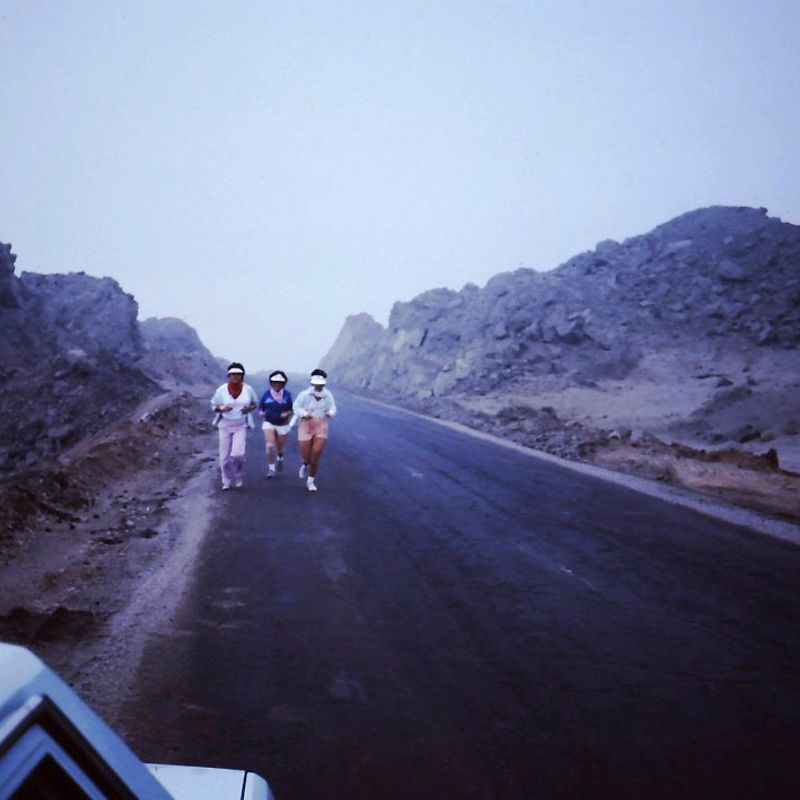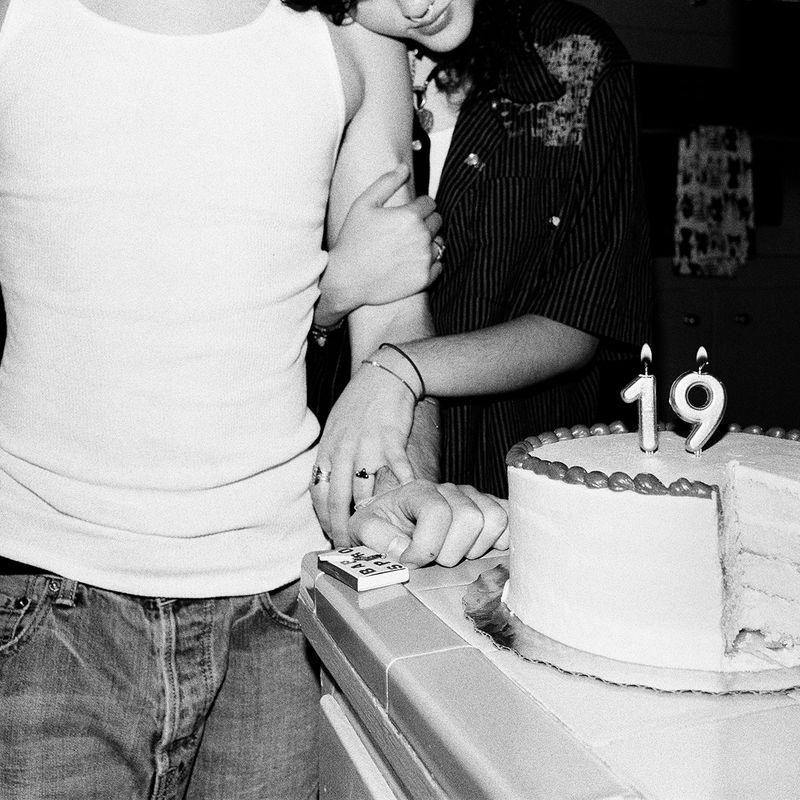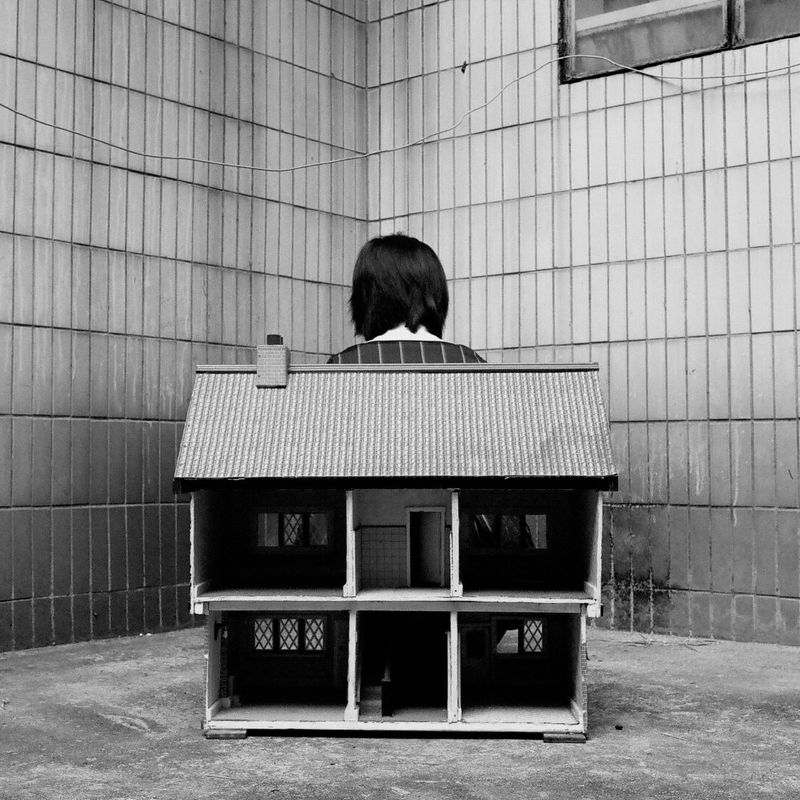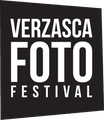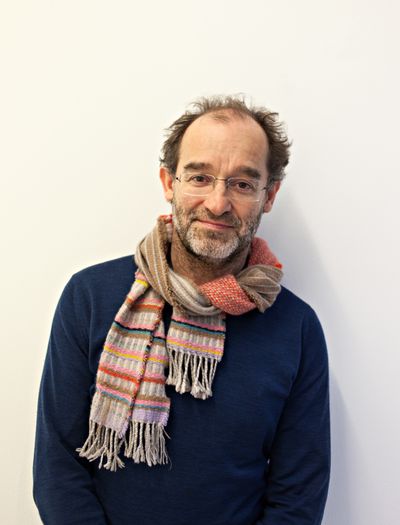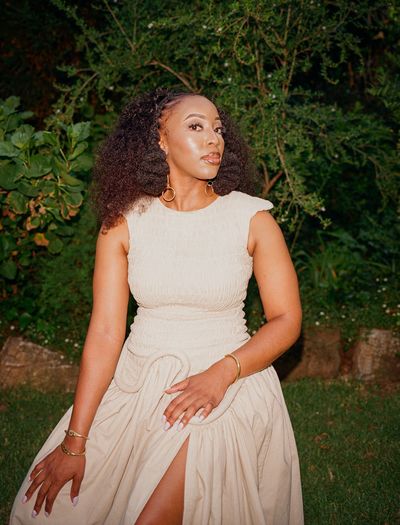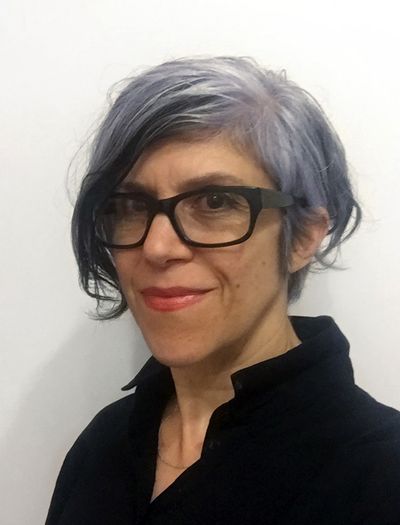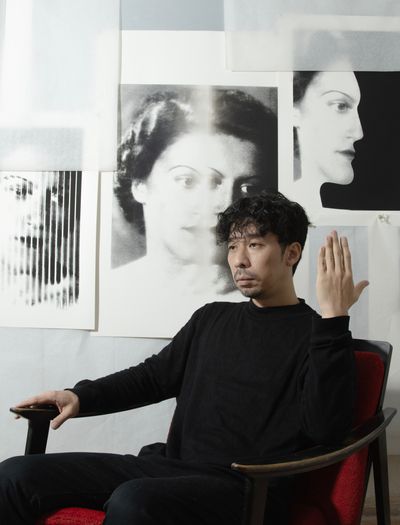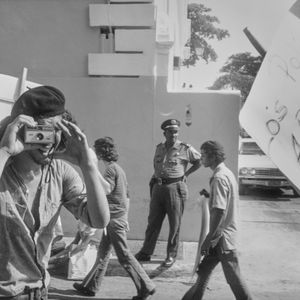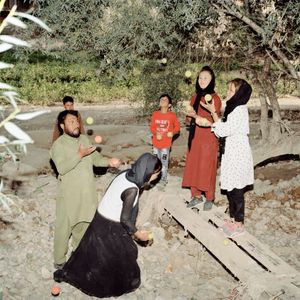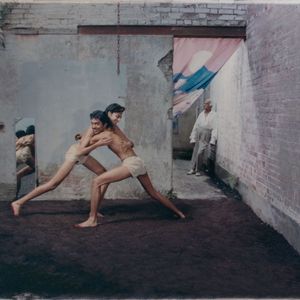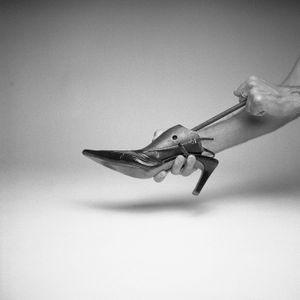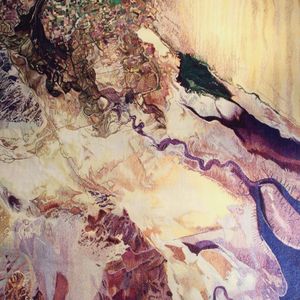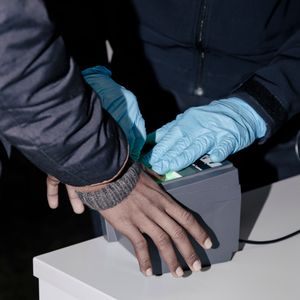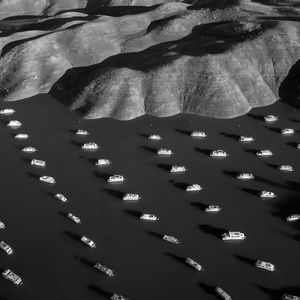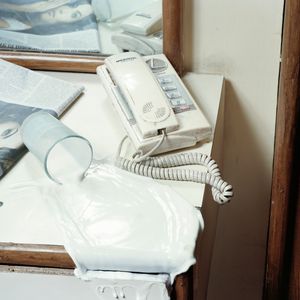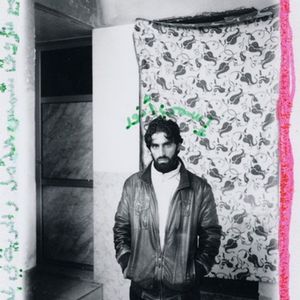General Info
The PhMuseum Photography Grant is an annual initiative that recognises the importance of photography and visual storytelling.
Over the years it has grown into a leading photography prize, with previous editions having awarded work by photographers like Max Pinckers, Poulomi Basu, Jacob Aue Sobol, Diana Markosian, Alejandro Cartagena, Bieke Depoorter, Camille Lévêque, and Tomas van Houtryve, among many others. Now in its 12th edition, the initiative is designed to support the production and promotion of visual projects through cash prizes, exhibitions at international festivals, educational activities and exposure on online media.
The theme is open. All approaches are welcome, from traditional documentary photography to experimental ways of telling a story or sharing a concept. Applicants retain full image copyrights. You can see all the prizes and learn how to apply below, while you can check FAQs here. Thanks for considering this opportunity and best of luck with your applications!

